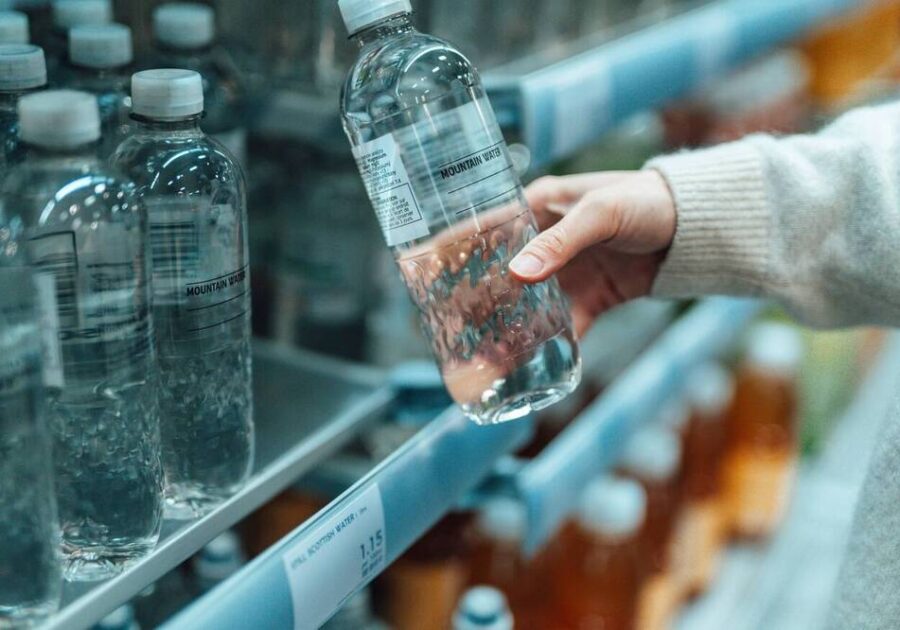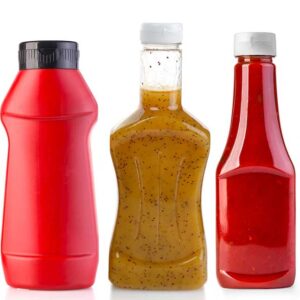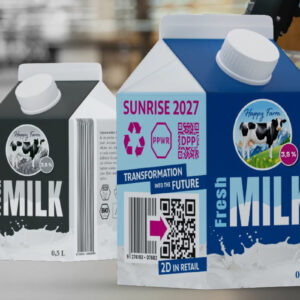Recycling made easier with Henkel’s hot melt adhesive for PET bottles

Technomelt EM 335 RE is free of mineral oil, removable up to 98% in the recycling process, and can be processed at low temperatures. It is also PETCYCLE approved.
Technomelt EM 335 RE, an adhesive designed to meet the demands of contemporary recycling procedures, is now available from Henkel.
It is alkali-dispersible and can be removed by up to 98 per cent. The Technomelt EM 335 RE has strong performance and recycling capabilities while labels made of plastic and paper work best with this hot melt adhesive.
In addition to having a low processing temperature of 110 to 140°C, it can consistently bond up to 40,000 bottle labels each hour. This improves operational reliability, conserves energy, and safeguards equipment. X-tra Chubs prevents packaging waste while guaranteeing simple and secure handling.
The hot melt glue is appropriate for even the most delicate applications because of its mineral oil-free formulation and adherence to food requirements. Its useful X-tra chub packaging guarantees safe and simple handling while minimising packaging waste.
Technomelt EM 335 RE’s advantages could be substantial for the beverage industry. The adhesive that holds a label to the bottle is crucial to the quality of the recycled material. Anything that doesn’t dissolve during the recycling process leaves residue on the PET flakes. Henkel’s new hot melt adhesive, Technomelt EM 335 RE, enables clean separation.
Against the backdrop of regulatory requirements, PET is becoming an increasingly important raw material. According to the proposed EU Packaging and Packaging Waste Regulation (PPWR), PET bottles must be designed so that they can easily be recycled. At the same time, binding specifications for the use of recycled material apply.
Starting in 2025, single-use PET bottles must contain a minimum of 25 per cent recycled material, increasing to 30 per cent by 2030. However, the current reality lags with this potential. While over 60 per cent of PET bottles are collected in Europe, the PET value chain could return over 11 billion additional bottles to the recycling cycle annually. Residues that render the material unusable often stand in the way of effective recycling.
Conventional hot melt adhesives, which are commonly used for PET bottle labelling, are difficult to remove during the recycling process. Even in the hot caustic soda bath, which is part of the standard processing procedure, only 12 to 30 per cent of the adhesive typically dissolves. The result is contaminated PET flakes that impair the quality of the recycled product due to cloudiness and yellowing. These flakes are also no longer suitable for applications such as food packaging due to their reduced barrier properties.
PETCYCLE in Germany has already approved Technomelt EM 335 RE, which opens new possibilities for a functioning circular economy.






